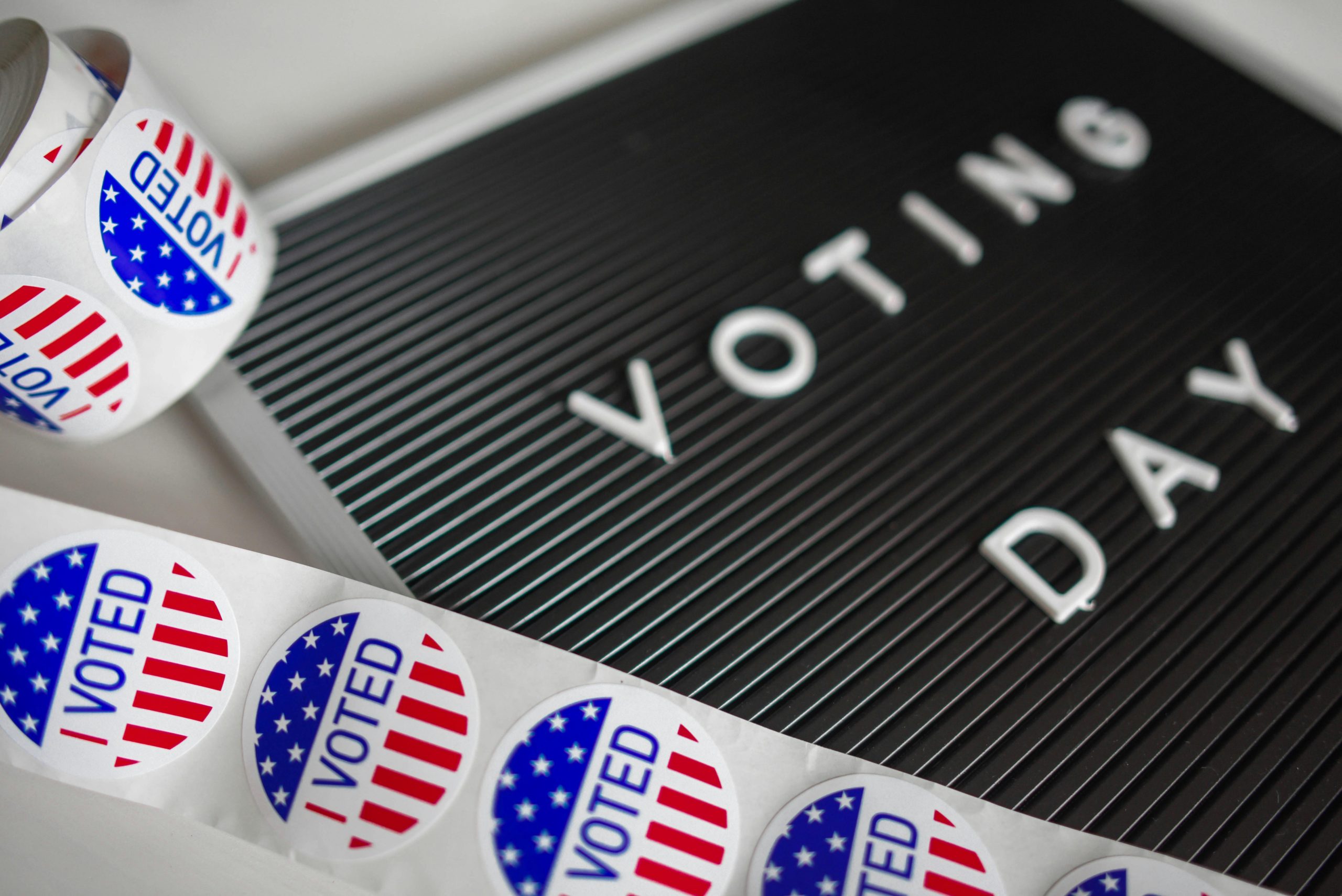Introduction
In a move aimed at enhancing voter participation, State Senator Brian P. Stack (D-Union City) has introduced legislation to extend New Jersey’s in-person early voting period for primary elections from three days to ten. The Senate Judiciary Committee is set to deliberate on this proposal today, reflecting a growing trend toward facilitating greater electoral engagement among residents.
Background
New Jersey implemented in-person early voting in 2021, offering voters increased flexibility and convenience. The initiative gained significant traction during the 2024 general elections, with 1,172,842 residents casting their ballots early—a substantial increase from previous years. This surge accounted for 27% of all votes, surpassing the 860,586 mail-in ballots received. Overall, 50.3% of votes were cast before Election Day, contributing to a notable 64.7% voter turnout.
Senator Stack’s Initiative
Senator Stack, a longstanding advocate for early voting, has been working to expand the in-person early voting window since December 2024. His proposed bill seeks to amend the current early voting period, extending it to ten days for primary elections. This change aims to provide voters with more opportunities to participate, especially those facing scheduling challenges on Election Day.
“Expanding the early voting period is a crucial step toward ensuring that every eligible voter has the chance to make their voice heard,” Stack stated. “By providing more days to vote, we can reduce long lines, alleviate pressure on Election Day, and ultimately increase voter turnout.”
Legislative Details
The proposed legislation outlines specific provisions for the extended early voting period:
- Duration: Early voting would commence ten days prior to the primary election and conclude the Sunday before Election Day.
- Hours of Operation: Polling locations would operate from 10 AM to 8 PM on weekdays and Saturdays, and from 10 AM to 6 PM on Sundays.
- Implementation: County election officials would be responsible for establishing and staffing early voting centers, ensuring accessibility and security.
This initiative builds upon previous efforts to enhance voter access. Notably, in 2021, the New Jersey Senate approved a bill establishing early voting, with Senator Stack as a co-sponsor. The current proposal seeks to further these advancements by specifically targeting primary elections, which historically experience lower turnout compared to general elections.
Public Response and Implications
The expansion of early voting has garnered support from various stakeholders, including voters, advocacy groups, and election officials. The increased participation observed in the 2024 elections suggests a positive reception to the convenience of early voting options.
However, some concerns have been raised regarding the logistical and financial implications of extending the early voting period. Implementing additional days requires resources for staffing, security, and facility operations. Senator Stack acknowledges these challenges but emphasizes the long-term benefits of a more engaged electorate.
“Investing in our democratic process is paramount,” Stack asserted. “While there are costs associated with extending early voting, the return on this investment is a more robust and representative democracy.”
Conclusion
As the Senate Judiciary Committee reviews Senator Stack’s proposal, the potential extension of New Jersey’s in-person early voting period for primary elections stands as a significant development in the state’s electoral landscape. By providing voters with increased flexibility and access, this initiative aims to foster greater civic participation and strengthen the democratic process.
For more information on early voting and election procedures in New Jersey, visit the New Jersey Division of Elections website.
(Source : newjerseyglobe.com)


